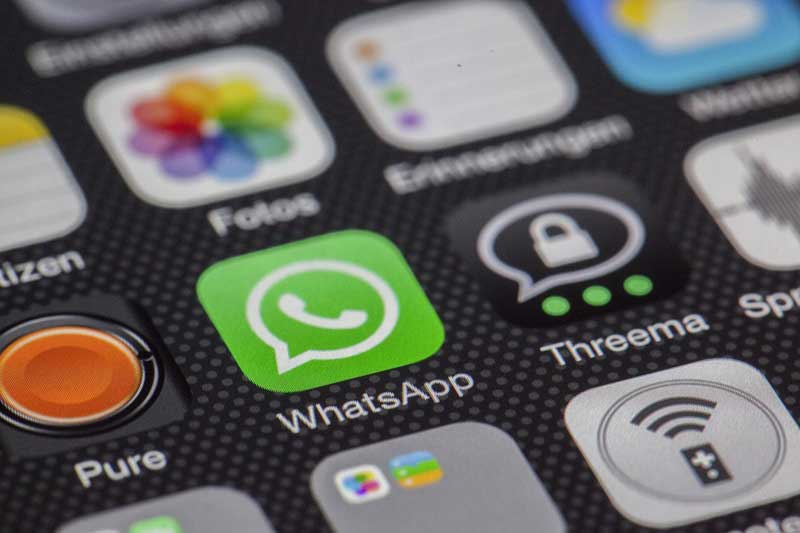
403
Sorry!!
Error! We're sorry, but the page you were looking for doesn't exist.
Venezuela’s president criticizes WhatsApp, accuses it of spying
(MENAFN) Venezuelan President Nicolas Maduro has publicly criticized WhatsApp, accusing it of being a tool for spying and urging Venezuelans to abandon the platform in favor of alternatives. Speaking at a meeting with representatives from the fishing and agriculture sectors at the Miraflores Presidential Palace in Caracas, Maduro expressed his concerns about the widespread use of WhatsApp, particularly its alleged role in espionage activities within Venezuela.
Maduro claimed that WhatsApp had provided information on Venezuelan users to Colombian drug traffickers, who then conducted extensive spying operations for several months. He argued that the platform was used as part of a broader strategy of "psychological and cognitive warfare," targeting millions of Venezuelan citizens. According to Maduro, these efforts were aimed at intimidating a wide range of people, including community leaders, military and police families, athletes, and artists—essentially anyone who did not support the coup d'état and associated violence.
In light of these allegations, Maduro strongly recommended that Venezuelans switch to alternative messaging applications like WeChat and Telegram. He urged citizens to voluntarily leave WhatsApp, emphasizing the importance of protecting themselves from the perceived threats associated with using the platform. By advocating for a shift away from WhatsApp, Maduro is positioning the move as a necessary step for safeguarding the privacy and security of Venezuelan users.
Despite the ongoing economic challenges and sanctions imposed on Venezuela, Maduro also took the opportunity to highlight the nation's achievements in agricultural production. He described these successes as "miraculous," crediting them to the resilience and hard work of the Venezuelan people in the face of significant adversity. Maduro's comments reflect his broader narrative of resistance against external pressures while promoting self-reliance and national sovereignty.
Maduro claimed that WhatsApp had provided information on Venezuelan users to Colombian drug traffickers, who then conducted extensive spying operations for several months. He argued that the platform was used as part of a broader strategy of "psychological and cognitive warfare," targeting millions of Venezuelan citizens. According to Maduro, these efforts were aimed at intimidating a wide range of people, including community leaders, military and police families, athletes, and artists—essentially anyone who did not support the coup d'état and associated violence.
In light of these allegations, Maduro strongly recommended that Venezuelans switch to alternative messaging applications like WeChat and Telegram. He urged citizens to voluntarily leave WhatsApp, emphasizing the importance of protecting themselves from the perceived threats associated with using the platform. By advocating for a shift away from WhatsApp, Maduro is positioning the move as a necessary step for safeguarding the privacy and security of Venezuelan users.
Despite the ongoing economic challenges and sanctions imposed on Venezuela, Maduro also took the opportunity to highlight the nation's achievements in agricultural production. He described these successes as "miraculous," crediting them to the resilience and hard work of the Venezuelan people in the face of significant adversity. Maduro's comments reflect his broader narrative of resistance against external pressures while promoting self-reliance and national sovereignty.

Legal Disclaimer:
MENAFN provides the
information “as is” without warranty of any kind. We do not accept
any responsibility or liability for the accuracy, content, images,
videos, licenses, completeness, legality, or reliability of the information
contained in this article. If you have any complaints or copyright
issues related to this article, kindly contact the provider above.























Comments
No comment